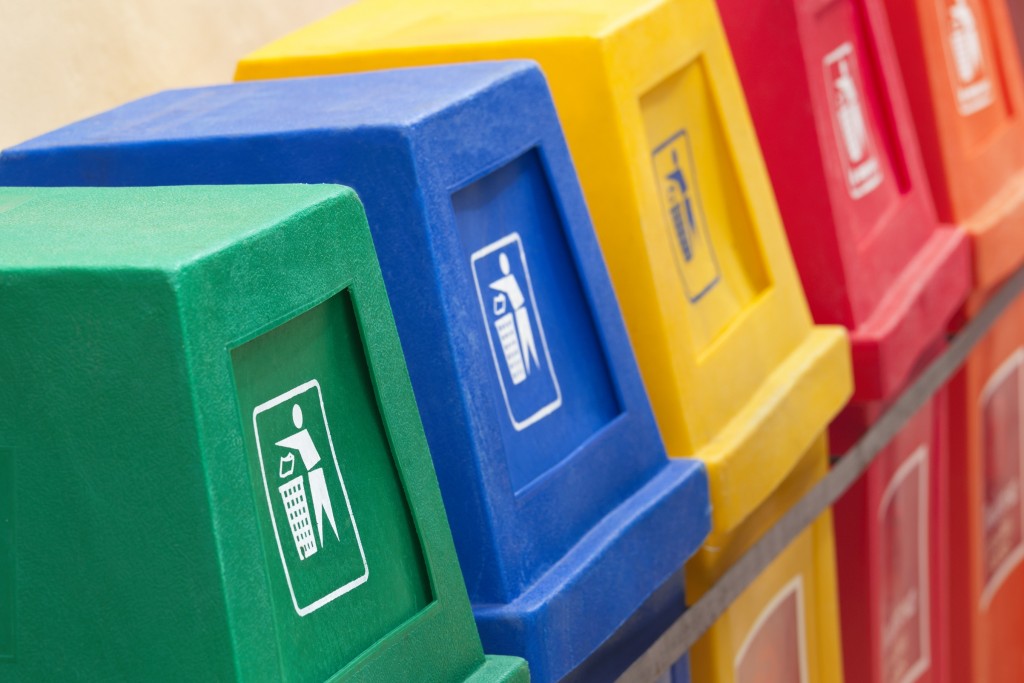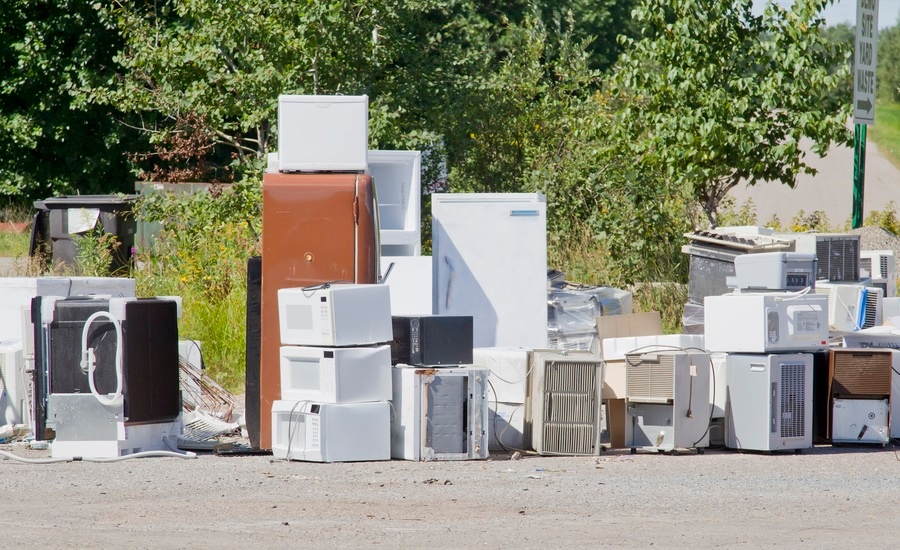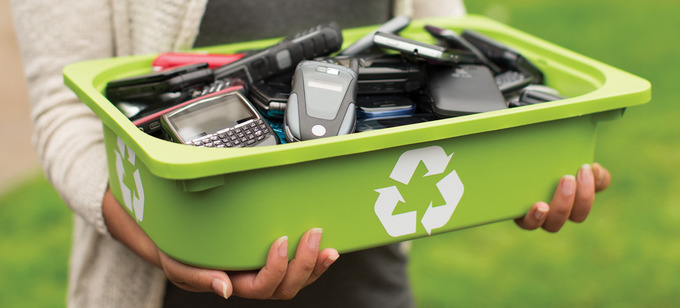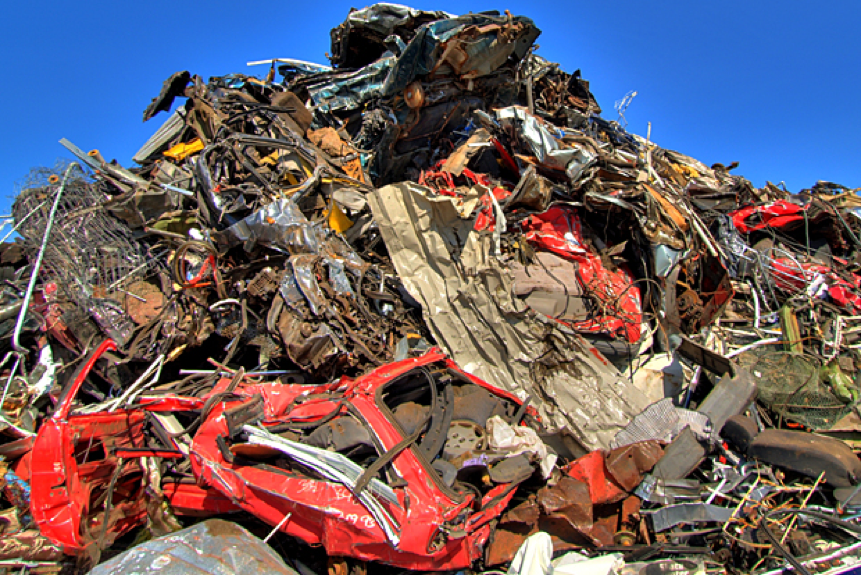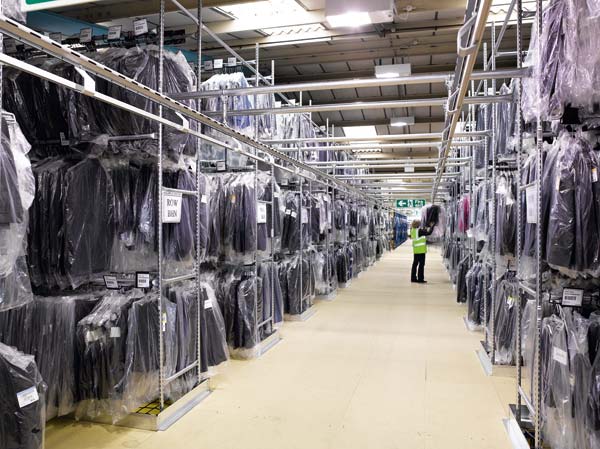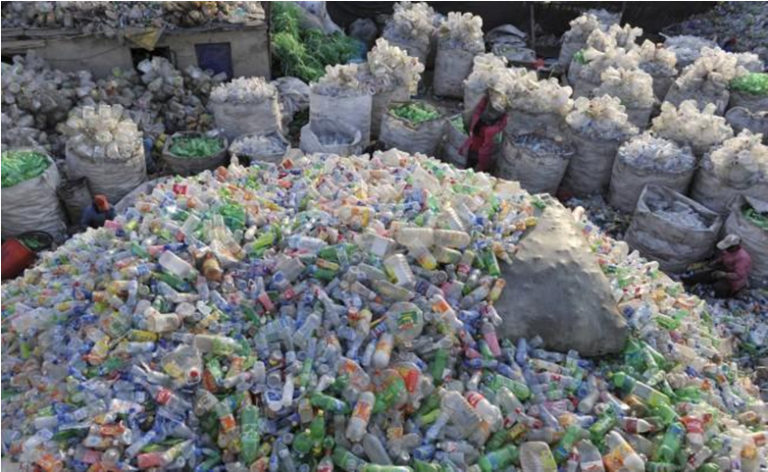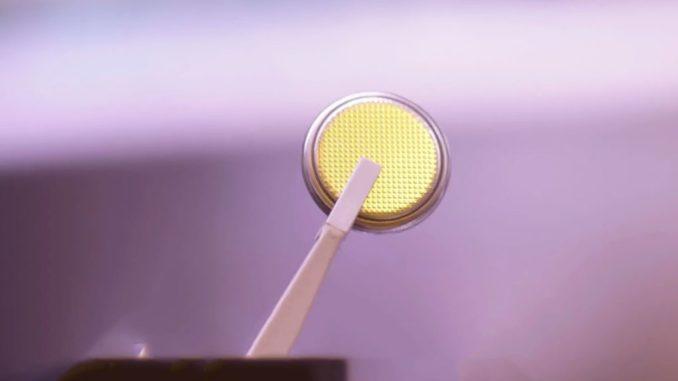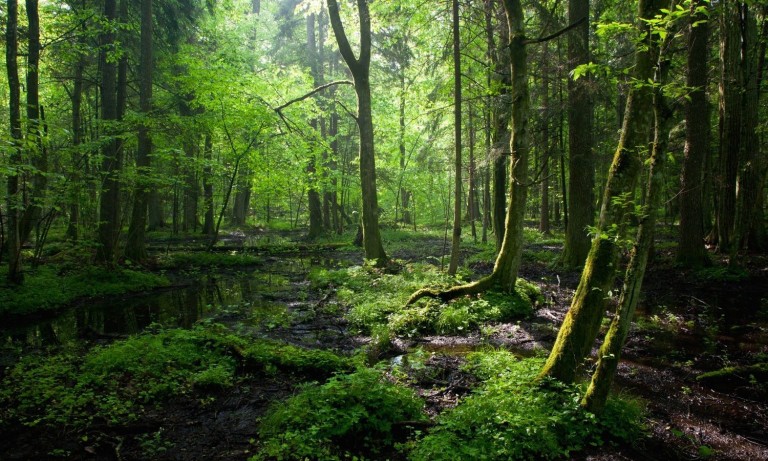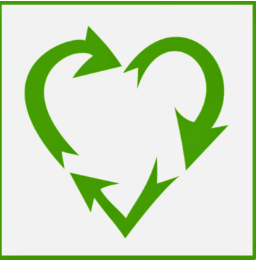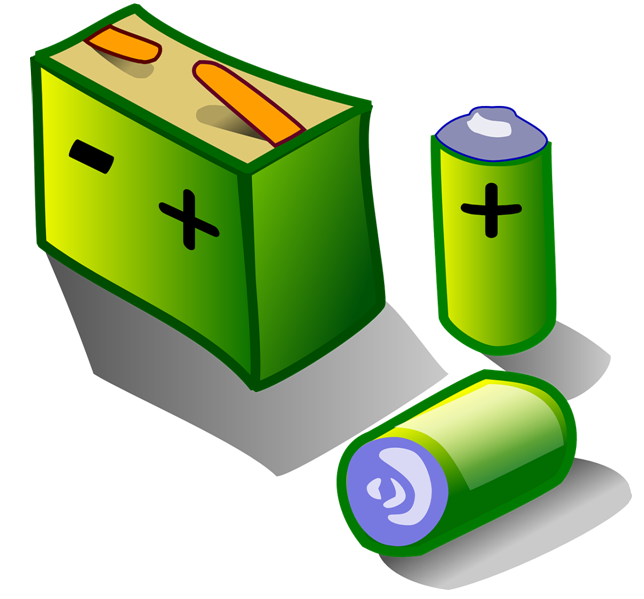The Golden Junk around us or what is Waste Recycling
Will we allow our own waste to suffocate?
In waste recycling, the effect comes first from saved natural resources. Second, the less energy that goes to make new waste material than to extract and process raw materials. This reduces the harmful emissions of carbon dioxide into the air. And third – save money for the economy of the country.
For example, in the EU, for example, in 2030 waste recycled should be 70% of the total household waste.
Only food waste in the EU is nearly 90 million tonnes per year. Only New York every day has over 10,500 tons of household rubbish. Only electronic and electrical waste in Asia is over 2 million tonnes per year.
These are huge masses of household rubbish that are “loaded” everywhere and constantly. They are thrown out of households, shops, hotels, restaurants, attractions, craftsmen, administrations – state, municipal, corporate, public and social buildings.
The household waste itself is diverse – food, all types of packaging, many electronics and household appliances – TVs, computers, stoves, what not.
Here we have to add the abandoned old cars that have been abandoned in a variety of places, which, apart from taking up space and rusting, contain the whole Mendeley’s table. And there are also construction and industrial waste – for example from agriculture.
In this case the decomposition of “one simple” orange peel can go up to two years. For one-time infant diaper – 500 years, as for an aluminum cane. For the glass – 1000 years, for the old shoes – 10 years, the plastic bottle – up to 200 years, etc.
These are billions of tons. And if they are simply stockpiled in landfills – legal and illegal, they will need new and new terrains, and humanity will soon choke itself with its own trash.
Worldwide programs for separate collection and recycling of waste are therefore being developed. Many of the wastes can be processed and re-used, and some of them can be recycled.
Recycling of waste in Bulgaria
In Bulgaria there is a well-developed waste recycling system in the domestic sector. There is a network to buy both black and non-ferrous metals, and electrical and electronic equipment.
The equipment is a disused equipment – stoves, refrigerators, computers, TVs, monitors. Separately, paper and cardboard are purchased.
In practice, families receive cash for things that “hinder” them without being unnecessary. The payment is good – for an old car, for example, Nord Holding AD pays up to 1000 BGN and issues a certificate of deregistration. Vehicles are collected at the site by cars of the type of Road Assistance.
Redemption companies are licensed to meet all legal requirements and, of course, issue documents when receiving recycling material.
This redemption system is part of the household waste management strategy in Bulgaria, which is in line with EU objectives. By 2020, the country must organize itself that 50% of unnecessary metals, glass, plastics, paper and cardboard go to recycling waste.
In this respect, the Waste Management Act in Bulgaria was updated at the end of 2016, there is a comprehensive National Plan by 2020. Under this plan, municipalities and regions have methodological guidance on how to develop programs to manage waste.
The idea is to divide the economy into a so-called “linear model” – the extraction of raw materials – production – the disposal of waste. Many natural resources are limited, and their harvesting often disturbs ecosystems. The advanced countries are moving towards a “circular economy”. Waste and waste products are introduced into the waste recycling system and they are reintroduced into production, many times without disturbing their properties.
Unnecessary equipment – is it really waste?
Today, the technique is changing frequently – mobile phones, tablets, laptops, and computers. Some throw the old ones out, others leave them at home or in the office, and forget them.
Yes, but are they really junk? According to a report in the European Parliament, in 1000 pounds of mobile phones, for example, gold is 50 times more than in 1000 kilograms of golden soil. And if the mobile phones are one million, they can get gold – 24 pounds; Silver – 250 kilograms; Palladium – 9 kilograms and copper – 9 tons.
This is enough to push the countries towards high recycling rates. It is no coincidence that there is a special Eurodirectory on e-waste, which also includes electrical waste because it also has precious metals.
According to specialized studies, European countries pay 130 billion euros a year to import precious metals. And in the e-waste apart from gold, silver, palladium, copper, there are cobalt and platinum and 90 percent of the waste can be recycled.
Electronic waste, however, besides being valuable and can be dangerous to health, lead to thyroid disease, lung disease and others. They often fall into landfills or are burned, and this pollutes both the soil, the water and the air.
In this respect – and from an environmental and health point of view and from an economic, EU provide for quotas for electronic and electrical equipment. Annually they should be collected for recycling amounts equal to 65% of the sold during the period equipment.
In the waste recycling process, it is constantly sought to improve the technologies for extracting precious metals. Physical, chemical and even biotechnology techniques are used – by a combination of certain bacterial conditions that bind to metal ions. For example, copper from a printed circuit board can be extracted for five days.
How is it in Europe?
The amount of waste in Europe is growing and will continue to grow. By 2020 they will be 45% more than the 1995 trash. Currently, total waste in the EU is over 1.3 billion tonnes per year, of which 40 million are hazardous.
For the sake of these unimaginable quantities, the latest European directives adopted this year require a 2030 landfill to go to only 10% of household waste.
What is the situation at the moment? Overall, Europe is moving towards intensive waste recycling, but there are wide differences between countries.
According to data published in the European Parliament, for years, the Netherlands, Austria, Germany, Belgium, Sweden and Denmark did not actually throw their garbage into landfills.
They simply process all their garbage – up to 70 percent by recycling, the rest by degradation or – say – as energy for recycling, with modern environmental measures. And in the Netherlands, they have set a 100% recycling target for electricity and 100% renewable energy.
However, it is not a good thing – to put it mildly – in Greece, Cyprus, Croatia, Malta and Latvia. Over three-quarters of the rubbish goes to landfills. Recently, Bulgaria has stepped up, especially in recycling and in some respects meets the requirements even above the EU average. So the country is not among the best, it is certainly not among the “queers”.
Countries with a high rate of waste treatment have achieved this mainly by direct bans and incineration bans or economic measures such as taxes.
In the end, landfilling and burning there have become economically unprofitable. At the same time, the population is encouraged to collect the waste separately. Obviously this will be the model for the other member states.
